Research Project Weeks 3 and 4
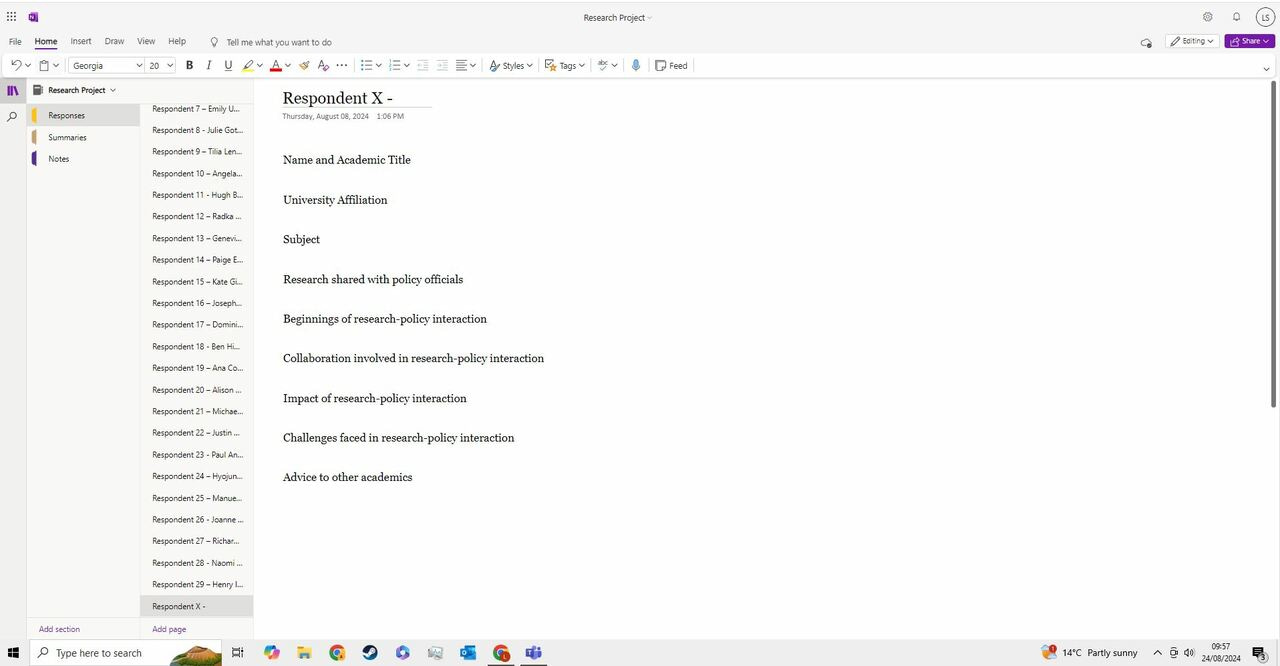
The past couple of weeks have seen a fair bit of logistical co-ordination of the project. For one, I've been collaborating with our graphic designer, Becky, to ensure our case studies are ready to be put in to our outputs. This has included gathering the appropriate branding guidelines, deadlines and putting together a mock-up graphic for Becky to develop. I've also been planning a trip to Westminster to an APPG which Arlene invited me to in October.
One of the challenges over the past couple of weeks has been deciding whether we go back to our participants to ask about self-identifying their career level during their research-policy interaction. Although this would be a novel and useful addition to our output, it also runs the risk of both interfering with participants' reputations, as well as leading to an uneven spread of data. A second issue is the inclusion of the social sciences in our case studies. Some respondents are in the social sciences but worked on more 'humanitarian' collaboration, and the converse applies. This means we need to decide to either come up with a way of including social scientific research-policy interactions in our outputs, or save data related to this for a different project. We've decided to seek the advice of colleagues at the University of Bath regarding these issues next week, which should settle these questions.
I've also been considering some of my own additions to the project which I think will be interesting. Besides the previously mentioned graphic I'd like featured, I've also settled on writing about the impact of arts and humanities education on policymakers themselves. In other words, how many policymakers think, and work in terms of their arts and humanities background. This idea came off the back of the nature of the above APPG, which is specifically for arts and humanities alumni of both Houses of Parliament. Thirdly, my history professor's own contribution has brought to light some important points about the challenges regarding applying our field's methods to modern-day discussions. I'd also like to discuss this in its own right at some point in our outputs.
Looking forward, Arlene and I are going to move towards preparing our case studies to be typeset in Becky's outputs, in time for this being ready for early September.
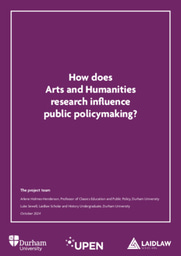
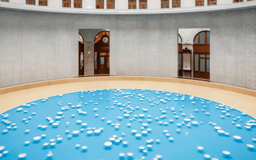
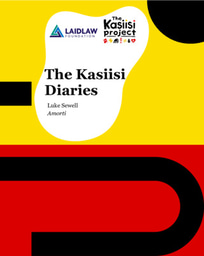
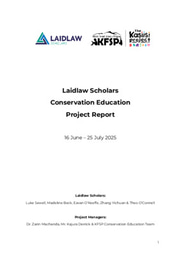
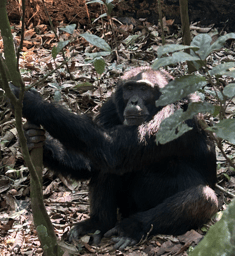
Please sign in
If you are a registered user on Laidlaw Scholars Network, please sign in